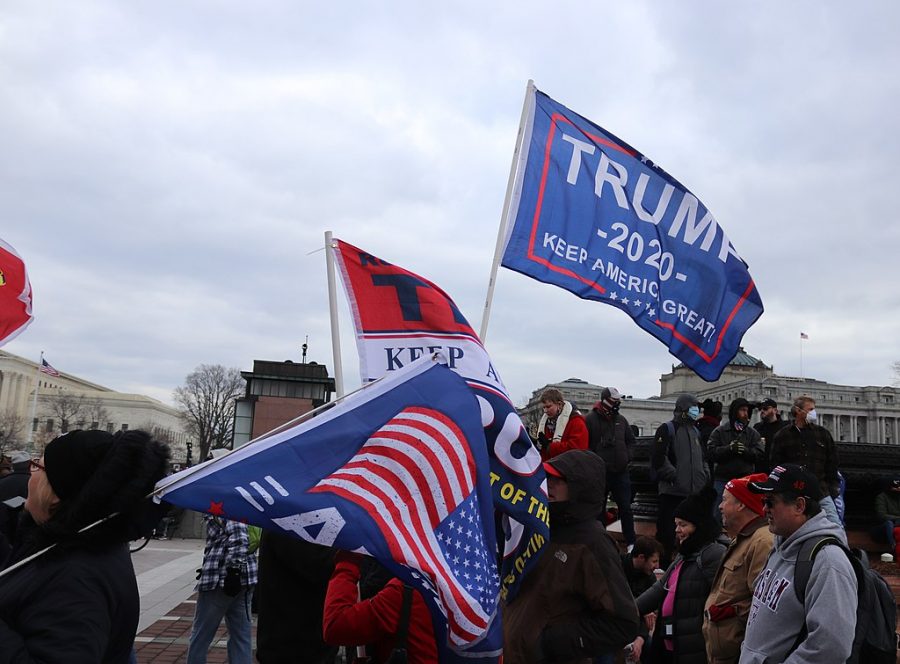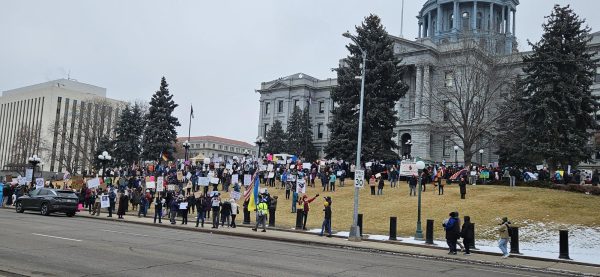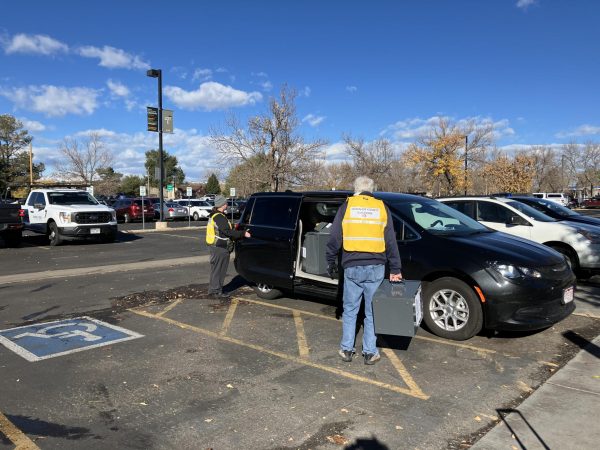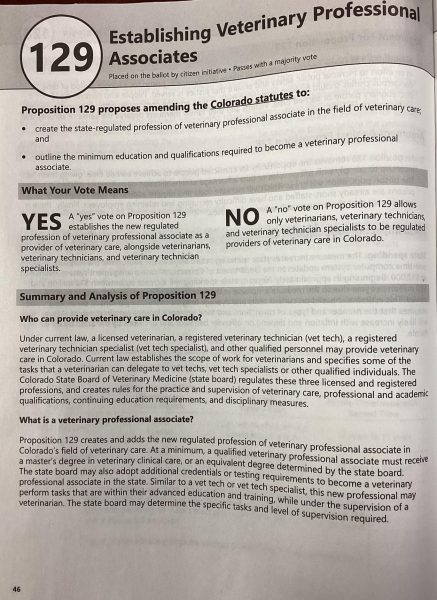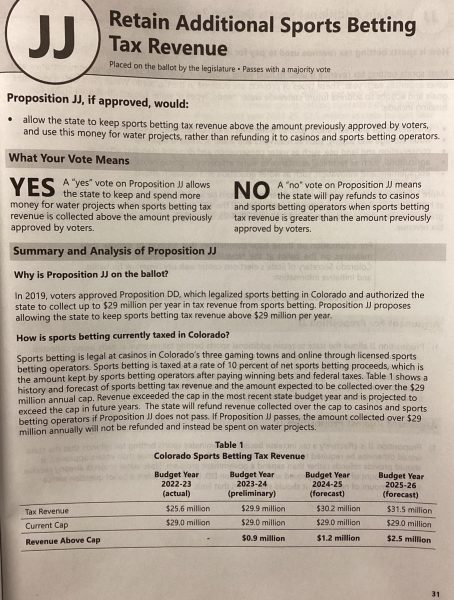ACC Professor Michael Lenz Holds Talk on the Capitol Riot
Image via Elvert Barnes
06JAN2021 at the U.S. Capitol Insurrection
On Wednesday, Feb. 17, Arapahoe Community College (ACC) political science professor Michael Lenz held a lecture and discussion entitled “Making Sense of the Capitol Siege.” Over 50 participants joined Lenz via Zoom to examine the causes of the events that unfolded in Washington, D.C. on January 6 and to discuss ways to counteract divisiveness in the United States.
Lenz spoke about both the cultural and political factors that led to the Capitol riot. He also explained the changes he believes will be key in moving the country toward unity and preventing more violent extremism. Throughout the presentation, participants were encouraged to interject with questions and comments.
Lenz set the tone for the event by expressing his intent to have a peaceful, respectful exchange regarding the emotionally-charged matter. He added that his motives to address the Capitol riot were not partisan.
“I am neither a Republican nor a Democrat,” Lens said. “When any president abuses their power, I feel like it is a duty of someone who teaches political science to point it out.”
He went on to say that, although former president Donald Trump’s “deeply authoritarian tendencies” regarding voter fraud claims and his January 6 speech were primary causes of the siege, to stop there would be an over-simplified analysis. Lenz said that many working-class Americans have felt intense resentment over economic inequity and underrepresentation. He believes a shift in focus by the Democratic Party fueled this resentment.
“The Democrats have largely abandoned […] the working class,” Lenz said. “They used to support policies that have lifted the working and middle class in this country, and now they have abandoned them.”
Through the chat function, participants confirmed that they do not feel politically represented and expressed thoughts of leaving current political affiliations.
“There is that resentment,” Lenz said. “There’s the anger at the system. That widespread sense that [politicians] aren’t paying attention to the real problems people are facing.”
Participants joined Lenz in discussing a wide range of additional relevant topics, including social media, conspiracy theories and the Black Lives Matter protests.
Lenz pointed out a deeper-rooted issue that he believes is the core: ego.
“The autocracy, the division from polarization, the abandonment of working class and poor people, the conspiracies, all of this is a reflection of ego,” Lenz said.
He spoke about the destructive power of over-identifying with a political party and the need to embrace human interconnectedness. Lenz concluded that a momentous shift in individual and collective consciousness is fundamental to moving America away from violent extremism and toward unity.
“It’s an illusion of separation. Until we cut through that, we will see more events like we saw on January 6,” Lenz said. “When we stop viewing each other as different, we stop viewing each other as the enemy, then we can begin to heal. And only then.”
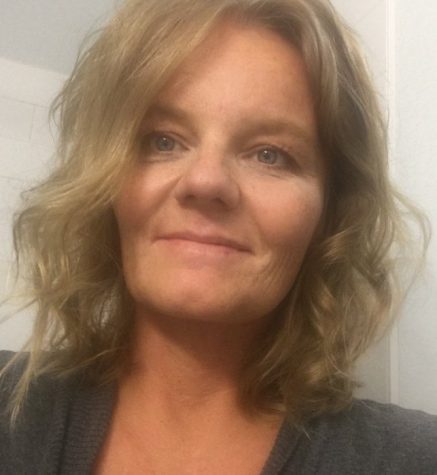
Sara is a Journalism major at Arapahoe Community College. She enjoys attending live music events, cooking and hiking.



